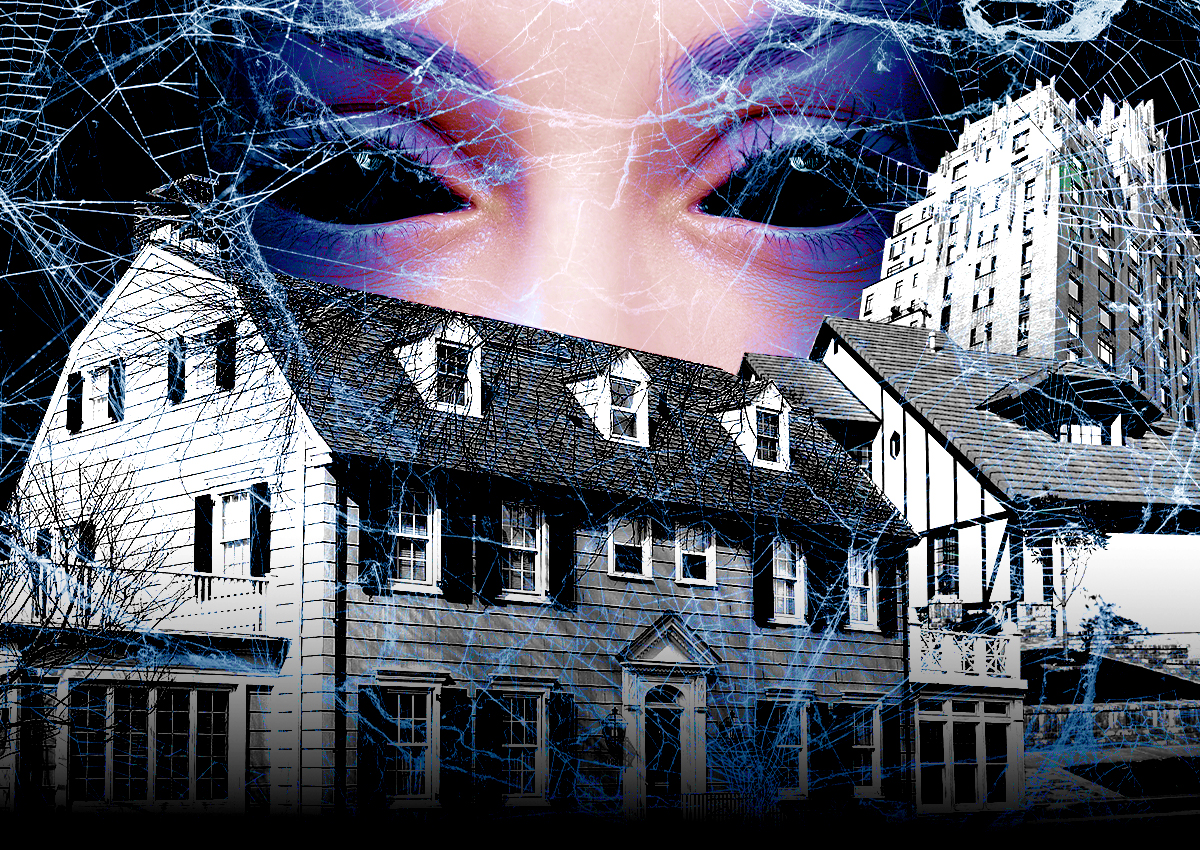
In the final hours of the legislative session, lawmakers approved two bills that landlords said would have “devastating” consequences.
The state legislature on Tuesday approved measures that would make it easier for tenants to prove fraud in rent overcharging cases and allow them to look up long-ago rent histories to maximize landlords’ liability. The Senate passed the bills on June 9.
The Community Housing Improvement Initiative claims the bills are intended to “punish landlords” and exposes a key 2020 court decision, Regina Metro v. DHCR, and the subsequent finding that the 2019 Rent Act cannot be applied retroactively to overcharging cases.
“They are a clear attempt to overturn the appeals court rulings, which, if allowed to become law, would have devastating effects on the financial stability of New York housing,” CHIP executive director Jay Martin said in a statement.
One of the bills defines fraud as a “serious breach of any obligation … to truthfully disclose … rent, regulatory status, or lease information,” which includes failing to register in a building receiving a J-51 or 421a after Oct. 1 Apartments, 2011. Landlord lawyers argue newly passed measure dangerously widens definition of fraud.
In overcharging situations, the determination of “fraud” is critical to calculating the rent owed to the tenant. For charges that predate the 2019 law, rent must be calculated based on a four-year lookback unless the landlord plans to illegally deregulate the unit.
If tenants can prove fraud, they can access lease histories beyond the usual four years. In this case, the excess charge is calculated based on the lowest stable rent recorded for comparable apartments, which can result in a large award.
The bill’s lead sponsors, Assembly Member Linda Rosenthal and Sen. Brian Kavanagh, insisted the bill would not be retroactive, but instead sought to clarify existing law.kavanagh told real deal The measure simply codifies “what we consider to be fraudulent standards”.
“It’s a positive thing that the legislature knows what the law is,” he said. But proponents acknowledge the bill is a response to a judicial ruling that past overcharging of rent did not constitute fraud under the 2019 law.
The new measure also creates rent-setting rules for newly consolidated rent-stabilized units, similar to rules proposed but not implemented by the state’s housing regulator last year. Under current law, landlords can set a new first rent when merging vacant apartments.
The Assembly on Tuesday approved a separate bill that would allow tenants to refer back four years to their rent history when calculating their legal rent after June 14, 2019. The Housing Stabilization and Tenant Protection Act of 2019 expanded the lookback window to six years when determining rent overcharges, while allowing courts to use any evidence deemed “reasonably necessary” to determine legal rent.
The new measures clarify that a wider window should be used to calculate legal rent after June 2019, even where a court or agency determined rent before that date.
Assemblyman Jeffrey Dinowitz said the measure “doesn’t try to end the Regina case,” and compared the investigation of excess rent to medical malpractice because sometimes a deeper investigation is needed to reveal wrongdoing.
“That’s the thing about deception, it’s not always easy to spot it,” he said.
The approval of the measures caps off the most disappointing legislative session for the real estate industry. Lawmakers rejected the governor’s proposal to create a statewide housing mandate, failed to reach an agreement to extend the 421a construction deadline and instituted a weaker version of just cause evictions than tenant advocates have demanded.
read more
However, the Legislature did sign off on a limited J-51 replacement program and extended loan authority for city housing agencies.
The passed bills will go to Gov. Kathy Hochul later this year, where he can sign or veto them.







